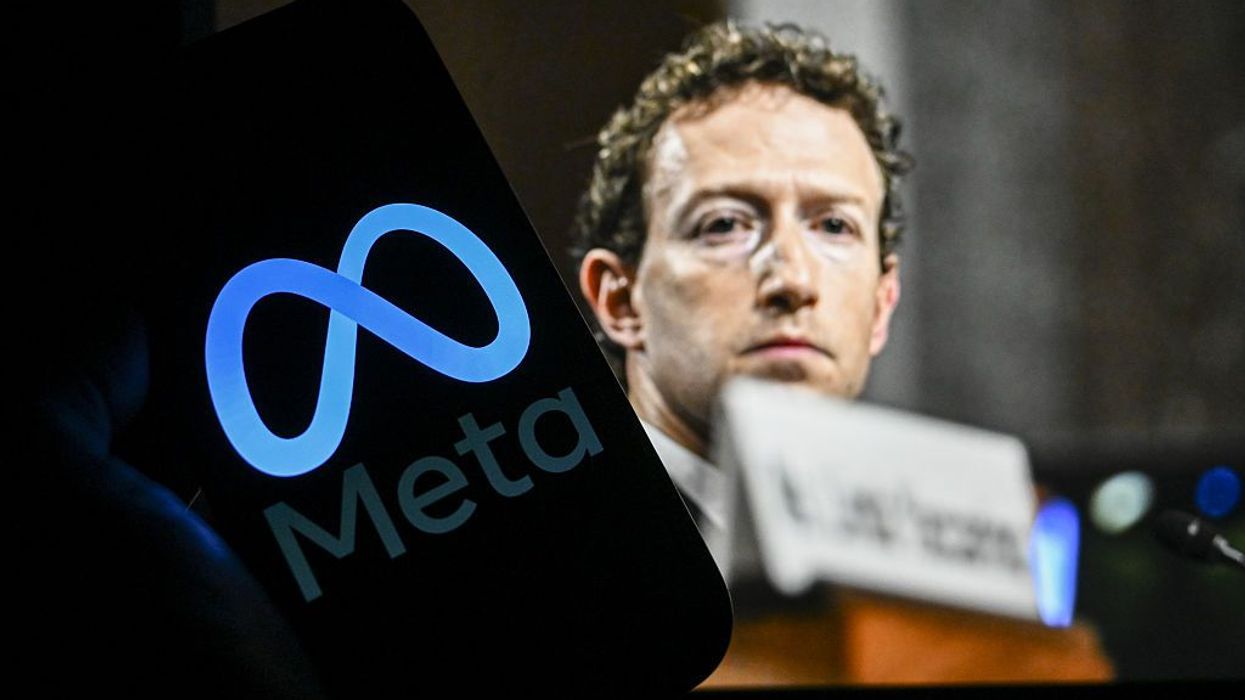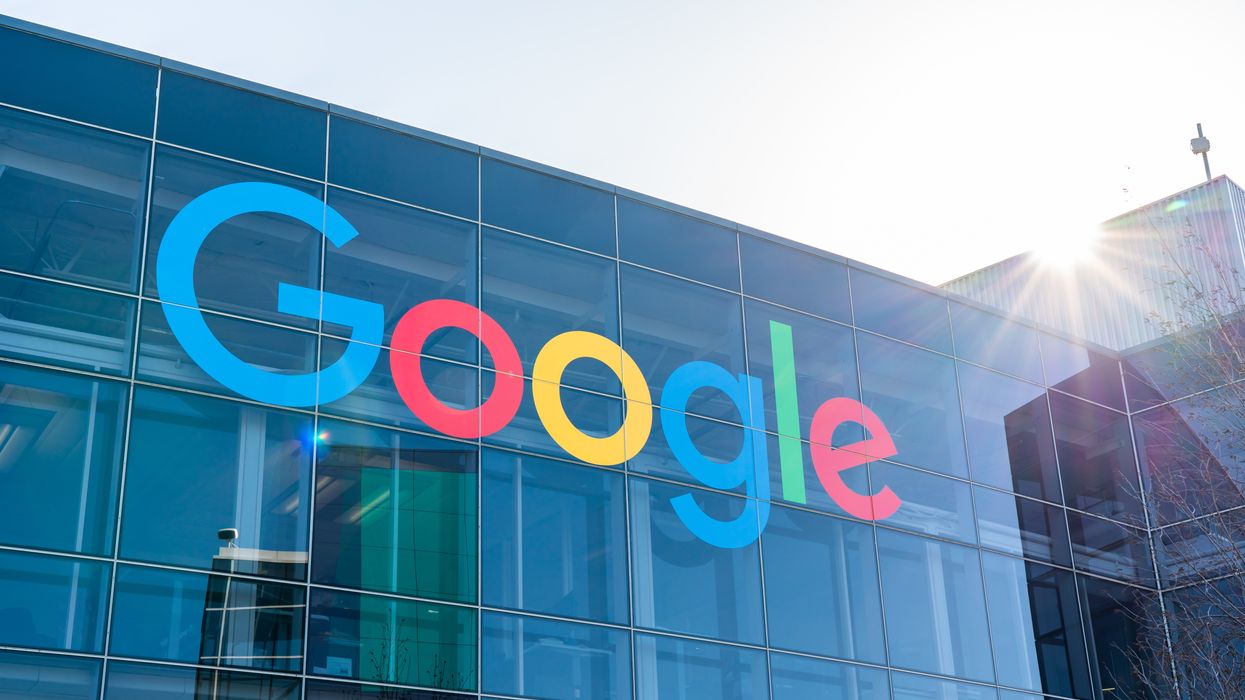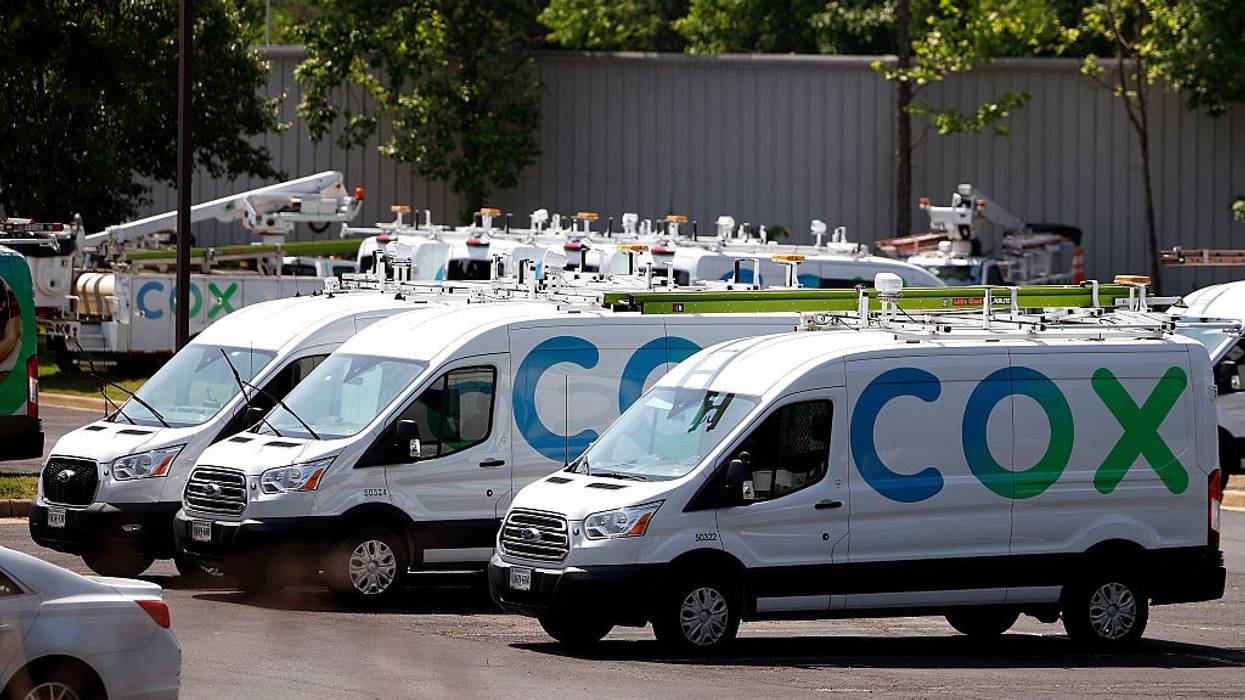'Colossally Wrong Decision' as Facebook Parent Company Wins Instagram-WhatsApp Antitrust Case
"This court has effectively told every aspiring monopolist that our current justice system is on their side."
Anti-monopoly advocates are warning that a federal judge's ruling in favor of Facebook parent company Meta in a major antitrust case will have negative repercussions for US consumers by allowing Facebook to continue wielding monopoly power in the social media marketplace.
Judge James Boasberg in the District Court for the District of Columbia ruled Tuesday that the company’s acquisitions of Instagram and WhatsApp did not violate US antitrust policy.
Boasberg found that the Federal Trade Commission (FTC) had not proven Meta holds monopoly power in the personal social networking market, "largely because he folded TikTok and YouTube into the same market and concluded that their popularity reduces Meta’s share below illegal levels," said the American Economic Liberties Project (ALEP).
John Bergmayer, legal director at Public Knowledge, argued that Boasberg's ruling demonstrates a basic misunderstanding about the economics of the social media market.
"The court's opinion reflects a view of the market that is at odds with how digital-platform power operates today," he said. "Meta systematically acquired emerging competitors precisely because direct, head-to-head competition threatened its dominance. Meta’s consolidation strategy deprived consumers of innovative services and prevented the development of a truly competitive social-networking ecosystem."
Nidhi Hegde, executive director of ALEP, described the ruling as a "colossally wrong decision" that "turns a willful blind eye to Meta’s enormous power over social media and the harms that flow from it."
"These deals let Meta fuse Facebook, Instagram, and WhatsApp into one machine that poisons our children and discourse, bullies publishers and advertisers, and destroys the possibility of healthy online connections with friends and family," she said. "By pretending that TikTok’s rise wipes away over a decade of illegal conduct, this court has effectively told every aspiring monopolist that our current justice system is on their side."
Hegde added that it should now fall upon US Congress to "step in and break up Big Tech, prohibit addictive surveillance algorithms, and create the conditions for building a better future."
Open Markets Institute policy counsel Tara Pincock said Boasberg's ruling was "profoundly misguided," and accused the judge of blocking the FTC from reversing a mistake it made last decade when it signed off on Meta's purchases of Instagram and WhatsApp.
"Judge Boasberg erred in concluding that Facebook competes with TikTok and YouTube," said Pincock, a former state assistant attorney general in Utah. "I was part of the bipartisan coalition of states that brought this case alongside the FTC in December 2020, and the court’s framing misrepresents what is at stake. This case has never been about generic 'time and attention.' It is about how people connect, communicate, and build communities—and about how a powerful company abused its dominance to protect itself from competition."


